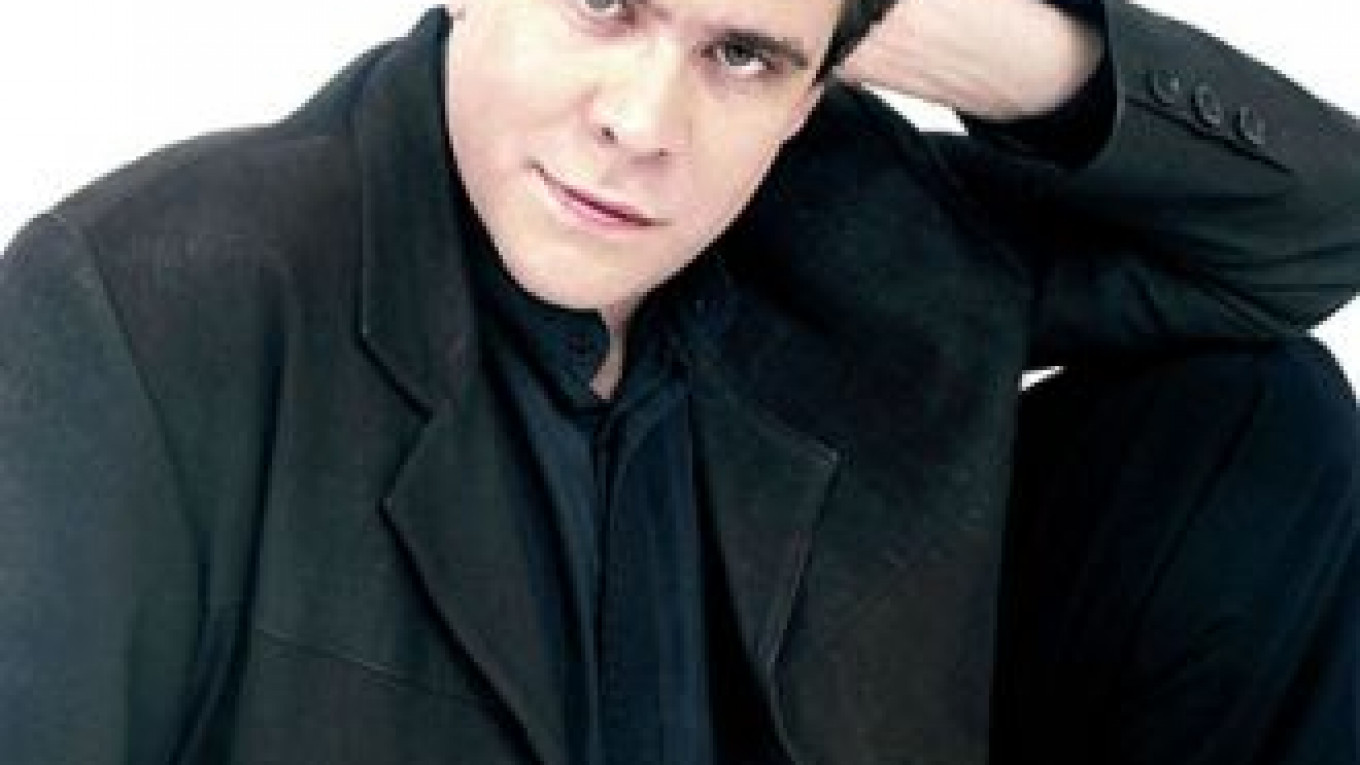GABALA, Azerbaijan — In the final days of July, a group of distinguished Russian musicians gathered in a remote corner of northern Azerbaijan to take part in the principal and final segment of the two-weeklong third International Gabala Music Festival.
The host city of Gabala, nestled at the foot of the Great Caucasus mountain range and located 250 kilometers northwest of Baku, is one of Azerbaijan’s oldest urban settlements. Two millennia ago, it served as capital of the Kingdom of Albania (not to be confused with present-day Albania far to the west), which encompassed practically all of what is now called Azerbaijan, together with parts of Georgia and the Russian republic of Dagestan.
A major center of political, economic and cultural life in the ancient world, it eventually became an important caravan stop on the Silk Road. But with the decline of the silk trade, Gabala went into decline as well. Very recent times, however, have transformed it from a dusty backwater into a major resort, mainly serving the well-off inhabitants of Baku. It also has a football team, considered one of Azerbaijan’s very best, and even a thoroughly modern piano factory, set up three years ago by a Dutch firm on the premises of a former brewery.
The resort, consisting of three first-rate hotels, lies in a valley just beyond the town, surrounded by mountains carpeted in astoundingly vivid green with an enormous variety of trees and shrubs. The mountains are too steep for everyday climbing, rocky underfoot and still inhabited by bears. But for those not seeking adventure, they offer a view of truly exceptional beauty.
Appearing at the festival were Moscow’s own Novaya Rossia Symphony Orchestra, led — very briefly — by its artistic director, Yury Bashmet, pianists Boris Berezovsky and Denis Matsuev, violinists Alena Baeva, Sergei Krylov and Moscow-born Israeli Shlomo Mintz, soprano Anna Samuil, baritone Sergei Leiferkus and St. Petersburg’s Terem Quartet. Large-scale concerts took place in an open-air setting on the resort grounds, while chamber recitals retreated to the conference hall of one of the hotels.
Principal highlights of the festival, for me at least, were Berezovsky’s virtuoso performance of the two piano concertos of Franz Liszt and Leifekus’ superbly sung evening of romances by Sergei Rachmaninov. Berezovsky, a first-prize winner at the 1990 Tchaikovsky Competition and a fairly infrequent visitor to Moscow since leaving for Western Europe shortly afterward, has matured into one of the most satisfying pianists to be heard anywhere today, while Leiferkus, long a principal baritone of St. Petersburg’s Mariinsky Theater and guest of the world’s leading opera houses, retains a voice scarcely dimmed by nearly 40 years on stage, together with interpretive powers unsurpassed by any present-day Russian singer.
But there was much else to enjoy over the seven festival evenings. Matsuev, who took a controversial first prize at the 1998 Tchaikovsky Competition, delivered his now tried-and-true reading of Pyotr Tchaikovsky’s Piano Concerto No. 1, displaying more sensitivity than has been heard in his recent playing, and followed it, very appropriately, in view of Gabala’s past, with a bang-up performance of Duke Ellington’s “Caravan.”
Among the violinists, Mintz provided the greatest pleasure, moving off the beaten track to play an appealing concerto written in the 1950s by Azeri composer Azer Rzayev, a work obviously influenced by, but by no means copying, Dmitry Shostakovich. Baeva, on the other hand, was given no chance to play anything of real substance, which seemed a shame, considering that she is probably the brightest light among the younger generation of Russian violinists.
I have to admit skipping the Terem Quartet. Much as I admire their virtuoso playing of Russian folk instruments, I find their transcriptions from the classical repertoire somewhat unnerving when heard more than a few times. From all reports, however, they proved a big hit with festival audience.
The Novaya Rossia musicians did their best to cope with limited rehearsal time and played with particular distinction under the batons of Azerbaijan’s most eminent conductor, Rauf Abdullayev, who accompanied Mintz and Matsuev, and festival director Dmitry Yablonsky, a distinguished cellist as well as conductor — and a frequent guest on Moscow podiums — who accompanied Berezovsky.
Little remains of Gabala’s distinguished past — and nothing at all of the nearby missile-defense station, rented by Russia and not long ago offered to the United States as a jointly run alternative to planned U.S. anti-missile installations in Eastern Europe. But a fairly easy
hundred-kilometer trip to the city of Shaki provides a splendid glimpse of the region as it once was. Shaki boasts among its antiquities the largest caravanserai — a sort of combined hotel and trading center — on the entire Great Silk Road, a splendidly decorated palace built in the 18th century for the ruling khan and a beautifully restored Albanian church constructed nearly 2,000 years ago.
A Message from The Moscow Times:
Dear readers,
We are facing unprecedented challenges. Russia's Prosecutor General's Office has designated The Moscow Times as an "undesirable" organization, criminalizing our work and putting our staff at risk of prosecution. This follows our earlier unjust labeling as a "foreign agent."
These actions are direct attempts to silence independent journalism in Russia. The authorities claim our work "discredits the decisions of the Russian leadership." We see things differently: we strive to provide accurate, unbiased reporting on Russia.
We, the journalists of The Moscow Times, refuse to be silenced. But to continue our work, we need your help.
Your support, no matter how small, makes a world of difference. If you can, please support us monthly starting from just $2. It's quick to set up, and every contribution makes a significant impact.
By supporting The Moscow Times, you're defending open, independent journalism in the face of repression. Thank you for standing with us.
Remind me later.






